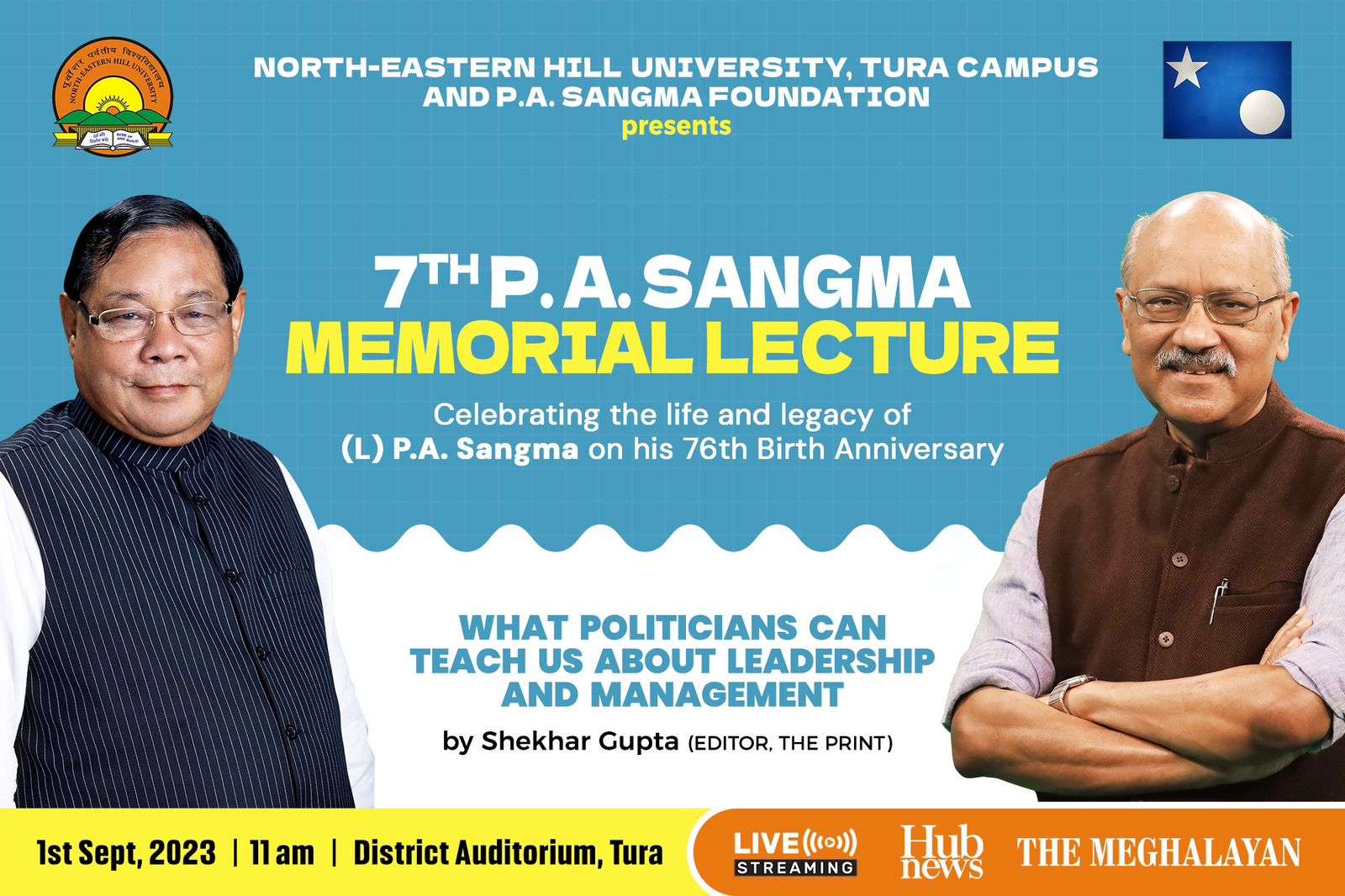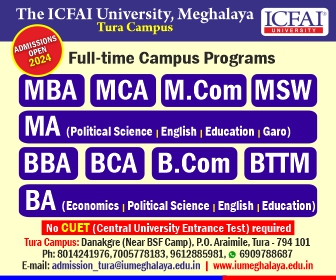Shillong, Sep 1: The Modi-led government has constituted a committee headed by former President of India Ram Nath Kovind in order to explore the possibility of ‘One Nation, One Election’, sources said on Friday. This report of the committee comes a day after Parliamentary Affairs Minister Pralhad Joshi said that the government has convened a special session of Parliament for five days between September 18 and 22.
During the announcement, there were no official In the announcement, official word was given on the agenda behind the special session, which will be held days after the G20 Summit.
Taking to X, earlier known as Twitter, Pralhad Joshi said “Amid Amrit Kaal looking forward to having fruitful discussions and debate in Parliament.”
One of the speculated agenda items is dissolving the current Parliament and announcing early Lok Sabha elections, as reported by the news.
Prime Minister Narendra Modi and the Bhartiya Janata Party (BJP) have spoken on the issue on several occasions; this was also a part of the party’s manifesto for the 2014 Lok Sabha polls.
Page 14 of the BJP manifesto read, “The BJP is committed to initiating electoral reforms to eliminate criminals. The BJP will seek, through consultation with other parties, to evolve a method of holding Assembly and Lok Sabha elections simultaneously. Apart from reducing election expenses for both political parties and the government, this will ensure certain stability for state governments. We will also look at revising expenditure limits realistically.”

What is ‘One Nation One Election’?
‘One Nation One Election’ means holding simultaneous elections for both the Lok Sabha (lower house of Parliament) and state legislative assemblies across the country.
The main idea behind this is to hold these elections simultaneously, either on a single day or within a specific time frame.
One nation, one election, will help to save resources and time as it will eliminate the need for frequent campaigning and election preparations.
This will also reduce the burden on the Election Commission and ensure better governance. Additionally, it will also promote political stability by avoiding frequent disruptions caused by mid-term elections.
Also, this speculation comes months before the Assembly polls that are due in five states—Mizoram, Madhya Pradesh, Chhattisgarh, Telangana, and Rajasthan—in November-December, followed by the Lok Sabha elections, which are likely to be held in May-June next year.
This recent move by the Modi government has thrown open the possibility of advancing the Lok Sabha general elections and some state polls, which are scheduled after and with the Lok Sabha contest.
It must be noted that Andhra Pradesh, Odisha, Sikkim, and Arunachal Pradesh assemblies are scheduled to go to the polls with the Lok Sabha elections.
Also, one-nation, one-election would need a constitutional amendment and its only after this it would need to be taken to state assemblies. This is not a new concept and have taken place four times in the 1950s and 60s but India has fewer states and a smaller population that could vote.
WATCH:
Find latest news from every corner of Northeast India at hubnetwork.in, your online source for breaking news, video coverage.
Also, Follow us on-
Twitter-twitter.com/nemediahub
Youtube channel- www.youtube.com/@NortheastMediaHub2020
Instagram- www.instagram.com/nemediahub






